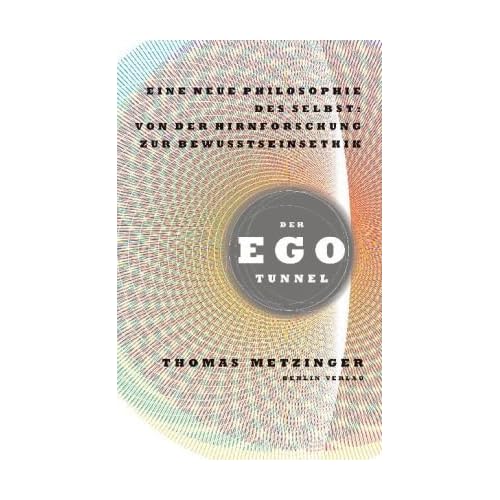Sugestão de Leitura
Um livro escrito para o público por um filósofo de formação que investiga na área da neurologia. Autor de um livro anterior mais formal, Being No One (e de mui complexa leitura), apresenta nesta obra o mesmo argumento: o eu é uma ficção, uma entidade virtual no mundo virtual que construímos para lidar com a realidade externa.
In order to survive, biological organisms must not only successfully predict what is going to happen next in their immediate environment but also be able to predict accurately their behavior and bodily movements along with their consequences. The self-model is a real-time predictor. [...] In our brains, we have a body emulator that uses motor commands to predict the likely proprioceptive and kinesthetic feedback that results from moving our limbs in a certain way. For our actions to be successfully controlled, we cannot wait for the actual feedback from our arms and legs as we move through the world. We need an internal image of our body as a whole that predicts the likely consequences of, say, an attempt to move our left arm in a certain way. In order to be really efficient, we need to know in advance what this would feel like. Furthermore, by “taking it offline,” we can use our body emulator to create motor imagery in our mind—to plan or imagine our body movements without actually executing them. [pg.111]
A terceira parte do livro, mais especulativa, leva-nos a possíveis futuros onde, argumenta o autor, poderemos ter de desenvolver uma ética para a consciência (a partir do momento em que começarmos a criá-las artificialmente e a manipular mais cirurgicamente as nossas próprias).

1 comentário:
thank you
Enviar um comentário